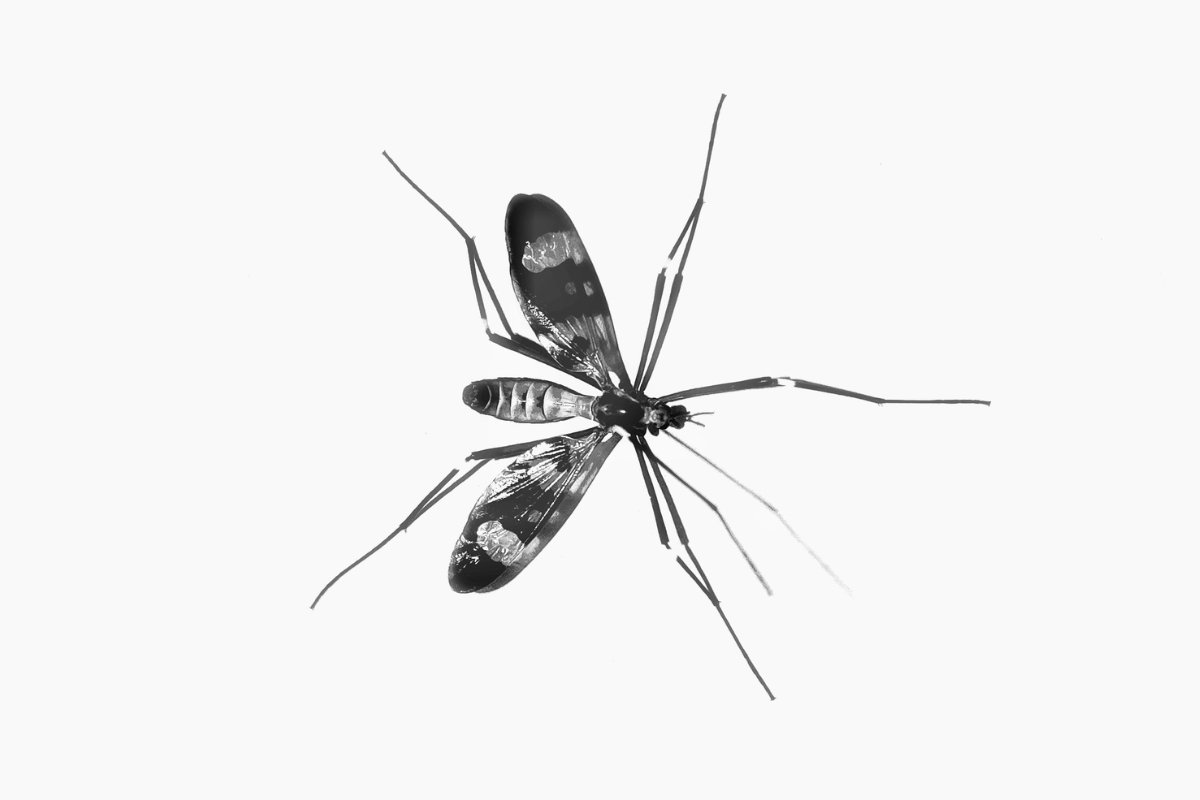By Scott Smith
Nobody likes being bothered by mosquitoes while trying to enjoy a moment outdoors. The good news is that there are ways to protect yourself and family while also safeguarding the environment without turning to toxic pesticides.
Start with a perimeter check of your property to make sure there are no inadvertent breeding grounds for mosquitoes. “Preventing mosquitoes from breeding is the best way to ensure you don’t get bitten, mostly because it’s a numbers game,” Dan Markowski, technical adviser at the American Mosquito Control Association, said in a recent New York Times article.
Spare buckets, potted plant trays, clogged gutters and even old tarps used as covers are common backyard culprits—mosquitoes need just a few ounces of standing water to lay their eggs, which can go from larvae to biting insect in as few as four days. You can also safely treat birdbaths or ornamental ponds with larvicidal dunks. The insecticide in them activates at the specific pH found in a mosquito’s gut, which makes them safe for fish, skeeter-eating dragonflies and other wildlife.
Because the average mosquito can travel up to three miles in search of a meal, it makes sense to work with neighbors and local authorities to take mosquito-control measures that don’t harm wildlife or cause human-health issues. Fortunately, there are some good success stories to follow. The City of South Miami became the first organic community in Florida in 2019, banning the use of hazardous synthetic chemicals on public property in favor of certified organic or minimum risk products.
The community turned to BTI, a bacterial larvicide, to successfully combat an outbreak of Zika virus, a serious mosquito-borne disease. Its application involved releasing millions of non-biting male mosquitoes infected with naturally occurring, biodegradable bacteria to mate with wild female mosquitoes. The bacteria prevent the survival to adulthood of any offspring produced when the mosquitoes mate with wild female mosquitoes. BTI presents no risk to humans nor to other insects except midges.
“Safer, organic alternatives may take more effort initially, or may be a little more expensive, but these considerations will be outweighed by knowing your community will no longer be posing a health risk to people, pets or pollinators or all the wildlife uniquely vulnerable to pesticide exposure,” said Priscilla Feral, president of Friends of Animals.
Backyard Do’s and Don’ts
With all the advertising aimed at eradicating outdoor insects that hits the air waves and mailboxes this time of year, it’s tempting to fall for the frenzied marketing by the chemical industry that tries to scare you into thinking that just venturing out onto the patio with your family and pets could be life-threatening.
Avoid spray repellents containing DEET or foggers that use permethrin or other synthetic chemical insecticides. The first is known to cause adverse health effects, especially for children; the second treatment will often wipe out beneficial insects like bees and butterflies. According to Beyond Pesticides, an effective non-toxic personal defense is Neem oil used as a cream. Various studies show that its protection against common skeeter species is greater than 75%.
Herbal repellents, such as essential oils of cedarwood, lemongrass or lemon balm (citronella), can be good natural treatments but work best if reapplied frequently. Essential oils block the chemical receptors mosquitoes use to home in on their prey, though not as effectively neem-based creams or the toxic sprays.
Speaking of citronella, burning candles and torches to fend off mosquitoes can help if there’s no wind. But another way to keep skeeters off your porch or patio is simply to create a stiff breeze of your own. Mosquitoes are weak fliers, so setting up a fan can not only help cut down on bug bites but also cool you off on a hot summer night. (Pro tip: Direct the airflow low, as mosquitoes often hide under table and chairs and love going after your ankles and exposed legs.)
What about using bug zappers? If you value flying insects like bees, butterflies and moths for their essential roles as pollinators and as food for birds, bats and other wildlife, please don’t. A study from the University of Delaware tracked six residential bug zappers over a 10-week period and found that of the 13,789 insects killed, only 31 were biting flies (including mosquitoes), reports the NYT’s Wirecutter product-review column. I’d rather stay inside at dusk than be responsible for such indiscriminate mass killing.
Which brings us to the latest, greatest gimmicks being hailed as surefire mosquito repellents: dispersal devices that vaporize chemicals to create a “protective zone” across a backyard patio or campsite. One such popular spatial repellent is marketed by Thermacell. Its active ingredient is Metofluthrin, a chemical created in 2005 by Sumitomo Chemical Co. and quickly approved by the Environmental Protection Agency in 2006. During initial testing the odorless chemical compound was found to be dangerous to dogs, rats and rabbits, according to naturalpestrepellents.com. When frequently exposed to Metofluthrin the rats were more likely to develop cancer.
According to Thermacell, the EPA and the World Health Organization (WHO) concluded that there is a reasonable certainty that no harm will result to bees or other terrestrial wildlife if using the product according to the label instructions.
However, on its own website, Thermacell advises avoiding using the repellent around beehives and claims “our mosquito products are also most often used in the evening when bees are returning to their nest (also true of butterflies and other foraging insects).”
This reasoning is not a very convincing defense, especially when you consider that night-loving moths are in some respects even more significant pollinators than butterflies. There are 160,000 species of moths, compared to 18,000 species of butterflies.
So if you’re a friend of animals—and that certainly includes bees, butterflies and moths, if not mosquitoes—then give these newfangled vaporizer repellents a pass. There are plenty of other good options to help keep mosquitoes from bugging you on a summer evening without poisoning yourself or the environment.

